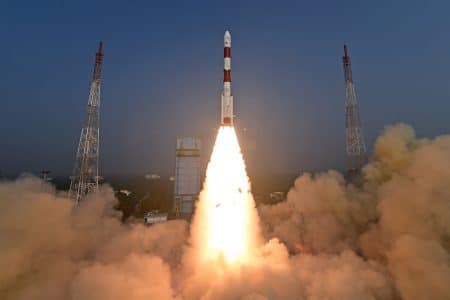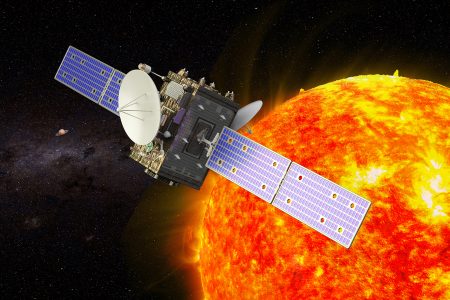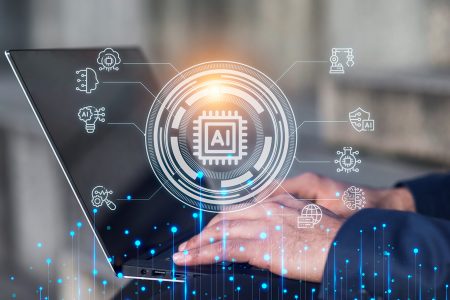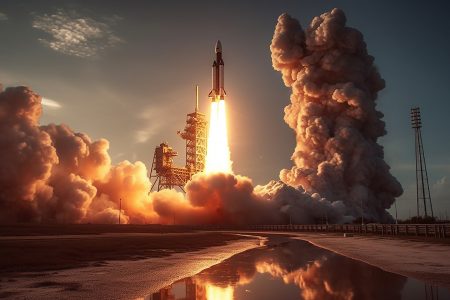 The United Nations Security Council recently convened its inaugural meeting to discuss the potential threats posed by artificial intelligence (AI) to global peace and stability. UN Secretary-General Antonio Guterres highlighted the need to establish a new international body to govern the use of AI. He emphasized the importance of setting globally agreed-upon rules for monitoring and regulating AI, considering its evolving risks and benefits. Guterres urged the United Nations to work towards a legally binding agreement by 2026, aiming to ban the use of AI in automated weapons of war.
The United Nations Security Council recently convened its inaugural meeting to discuss the potential threats posed by artificial intelligence (AI) to global peace and stability. UN Secretary-General Antonio Guterres highlighted the need to establish a new international body to govern the use of AI. He emphasized the importance of setting globally agreed-upon rules for monitoring and regulating AI, considering its evolving risks and benefits. Guterres urged the United Nations to work towards a legally binding agreement by 2026, aiming to ban the use of AI in automated weapons of war.
In response to the meeting, Russia expressed skepticism, questioning whether there is enough understanding of AI’s risks to consider it a source of threats to global stability. The Chinese government emphasized the importance of reflecting the views of developing countries in UN rules concerning AI, aiming to prevent technology from becoming uncontrollable. They advocated for flexibility in international laws and norms to allow countries to establish their own national-level regulations. China also condemned certain developed countries for attempting to achieve technological dominance and creating barriers to technological development in other nations.
A representative from the United States indirectly addressed China’s accusations, cautioning against using AI for censorship or repression, possibly referring to China’s use of technology to surveil ethnic minorities. The meeting was led by UK Foreign Secretary James Cleverly, who advocated for international governance of AI based on principles such as freedom, democracy, human rights, the rule of law, security, property rights protection, and privacy.
The UN Secretary-General proposed the establishment of a UN watchdog as a governing body to regulate, monitor, and enforce AI regulations, akin to existing agencies overseeing aviation, climate, and nuclear energy. The suggested agency would consist of AI experts sharing their knowledge with governments and administrative bodies that may lack technical expertise to address AI threats.
Although diplomats largely endorsed the idea of a global governing mechanism and international rules for AI, a legally binding resolution on this matter remains distant. Despite this, the meeting marked a significant step in addressing the complexities and implications of AI on a global scale.









